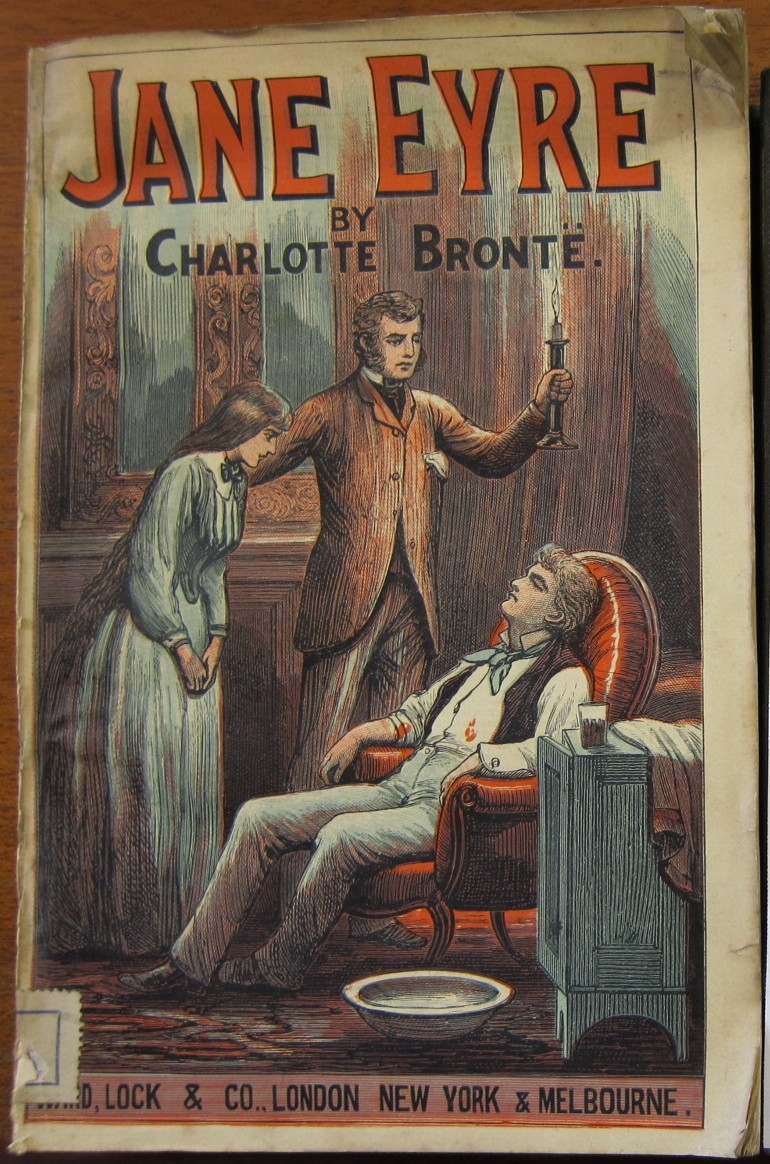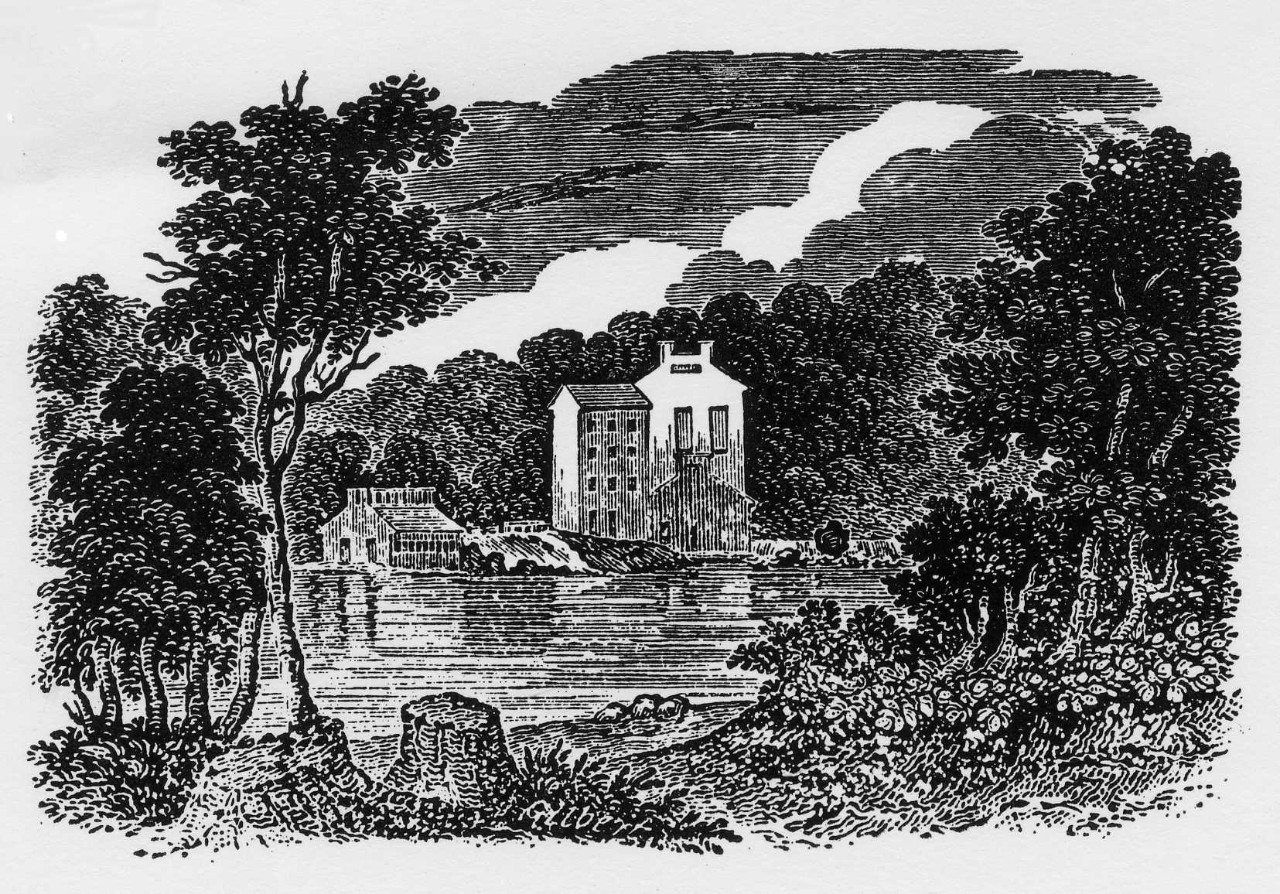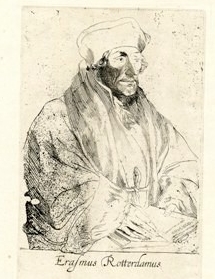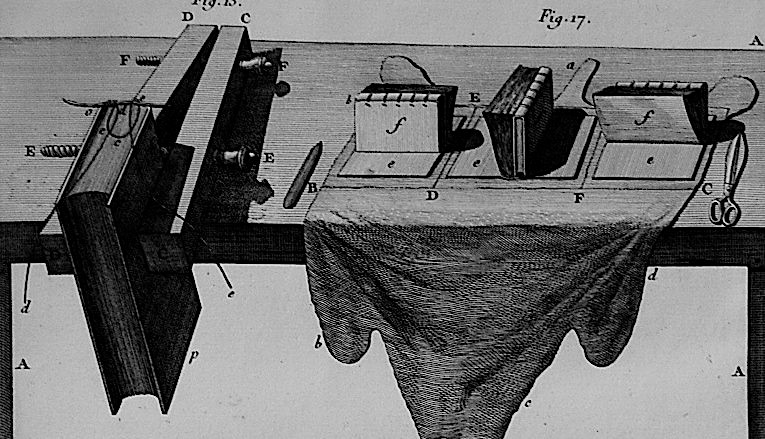2011-2012 Book History Colloquium at Columbia University
The Book History Colloquium at Columbia University, open to any discipline, aims to provide a broad outlet for the scholarly discussion of book history, print culture, the book arts, and bibliographical research, and (ideally) the promotion of research and publication in these fields. Our presenters include Columbia faculty members and advanced graduate students, and scholars of national prominence from a range of institutions.
Questions? E-mail Karla Nielsen.
All sessions take place in 523 Butler Library, 6:00 – 7:30 p.m. unless otherwise noted.
Spring 2012
February 1, 2012
Jack Lynch
Professor of English and Acting Associate Dean of Arts & Sciences. Rutgers University, Newark
Authentic Accounts: William Henry Ireland Comes Clean
In 1794, William Henry Ireland "discovered" a trove of manuscripts by William Shakespeare -- receipts, legal documents, love letters, even two complete plays. For more than a year all of literary London was abuzz about the new discoveries, and one of the plays, Vortigern, was presented on the stage. But eventually the whole story was revealed as a hoax, and Ireland was forced to recant. In fact he spent the rest of his life compulsively confessing to his youthful indiscretion, spinning out one account after another. And yet these "authentic accounts" often contain as many lies as the original fraud. Ireland's Shakespeare forgeries continued through his whole life, and present endless challenges to literary scholars and bibliographers eager to make sense of the evidence that survives..
Jack Lynch is Professor of English and Acting Associate Dean of Arts & Sciences at Rutgers University in Newark, New Jersey. He is the author of The Age of Elizabeth in the Age of Johnson and Deception and Detection in Eighteenth-Century Britain; he is now at work on a biography of Shakespeare forger William Henry Ireland.
March 1, 2012
Marvin J. Taylor
Director, Fales Library, New York University
Food for Thought: Building Research Collections for Food Studies
Between 2003 and 2011 the Food Studies collection at NYU's Fales Library has grown to be the largest collection about food in any research library in the U.S. Marvin J. Taylor, director of the Fales Library and founder of the food studies collection will discuss how the collection developed, how it differs from other collections of food materials, how it is being utilized, and what the status of food studies collections is across the country.
Marvin Taylor has been in the field of rare book and manuscripts for more than 25 years. He has held positions at the Lilly Library, Indiana University; the Rare Book and Manuscript Library and the Health Sciences Library, Columbia University; and the Fales Library, NYU. In addition to the food studies collection, he has also built the Downtown New York Collection, which documents the downtown arts scenes from 1974-the present. He is the editor of The Downtown Book: The New York Art Scene, 1974-1984 (Princeton UP, 2006) as well as articles on bibliography, gender, and queer theory. He is currently editing "The Cookbook Book: 101 Great American Cookbooks of the 20th Century" for Rizzoli (pub. date 2012).
April 19, 2012
Emile Schrijver
Curator of the Bibliotheca Rosenthaliana, University of Amsterdam
Defining a Field: Jewish Books in the Age of Print
The study of the Jewish book since the invention of printing has developed from a rather traditional, descriptive bibliographical discipline into an independent field of research in which the book is studied as an expression of Jewish culture and as an instrument for the transmission of Jewish and non-Jewish knowledge. The foundations for this new field were laid in medieval book research, in the fields of Hebrew codicology and Jewish art, to be more specific. In particular the leading medievalists Malachi Beit-Arié and Colette Sirat have defined new fundamental research questions, which are closely related to, and often precede modern research into non-Jewish medieval books. Their research is based on the careful study of large corpora of carefully selected primary source material, but is not limited to descriptive work. They have produced a number of monographs in which more fundamental research questions have been dealt with. For the centuries since the invention of printing a comparable development may be observed, but the results are not as definitive yet as those achieved for medieval Hebrew manuscripts. This lecture will address some of the pertinent methodological issues.
Emile G.L. Schrijver is curator of the Bibliotheca Rosenthaliana, the Jewish special collection at the University of Amsterdam. He is also a curator of the private Braginsky Collection of Hebrew Manuscripts and Printed Books in Zurich, Switzerland. He is an expert of post‐medieval Hebrew manuscripts and printed books and has published and lectured extensively on both topics. He has written a number of introductions to facsimile editions of Hebrew manuscripts and has published numerous auction and exhibition catalogues, most recently (2009, co‐edited with Evelyn M. Cohen and Sharon Liberman Mintz) A Journey through Jewish Worlds. Highlights from the Braginsky Collection of Hebrew Manuscripts and Printed Books. A German version of this catalogue, entitled "Schöne Seiten: Jüdische Schriftkultur aus der Braginsky Collection", accompanies an exhibition in the Landesmuseum in Zurich (25 Nov 2011 – 11 March 2012). He serves on boards and advisory committees of numerous Jewish cultural organizations in and outside the Netherlands.
Fall 2011

September 15, 2011 (Thursday)
Barbara Heritage
Assistant Director & Curator of Collections, Rare Book School,
University of Virginia
Brontë and the Bookmakers: The Rise and Reception of Jane Eyre
Charlotte Brontë’s initial impulse was to make manuscript books that were eccentric, private affairs but also intertextual experiments that imitated the styles of a wide range of printed materials. Brontë was later forced to modify her writing—both in form and content—to meet the demands of the publishing marketplace. In this talk, Heritage will argue that, in responding to these pressures, Brontë developed and employed a sometimes defensive rhetoric that, upon inspection, reveals the limitations of marketing visual, written, and printed artifacts to nineteenth-century audiences. This method of analysis informs our understanding both of Brontë's development as an author and of the language of her first published novel, Jane Eyre.

October 18, 2011 (Tuesday)
Co-Sponsored by the Bibliographical Society of America
John Bidwell
Astor Curator and Department Head, The Morgan Library and Museum
Papermaking in America: A Progress Report
The lecture will summarize the findings in Bidwell’s forthcoming book, American Paper Mills, 1690-1832, to be published by the American Antiquarian Society and the University Press of New England, 2012. In that book Bidwell identifies and describes more than five hundred paper mills, a large body of evidence providing the means to trace the growth of the paper trade and its close connections with printing and publishing ventures in America. Bidwell will present an overview of a typical paper mill of the period, its personnel, products, and manufacturing facilities. The statistical sample is large enough that changes can be detected in the capitalization, configuration, and productivity of mills during the colonial period, the early national period, and the beginnings of the industrial era. Bidwell’s talk will also trace the careers of noteworthy papermakers in an attempt to show how they got into the business, where they obtained working capital, how they expected to sell their goods, and why many of them failed. The lecture will conclude with an account of the first papermaking machines.

November 9, 2011 (Wednesday)
Peter Mack
Director, Warburg Institute
Print and Innovation in Sixteenth Century Rhetoric: Agricola, Erasmus and Melancththon
Rhetoric was one of the most important subjects in renaissance schools and universities and also the subject of very large numbers of editions, both of classical and of modern textbooks. This lecture will describe the publishing phenomenon of renaissance rhetoric and discuss the relationship between intellectual innovation in this field and publishing success.
Prof. Mack has published widely on the history of logic and rhetoric in the renaissance and is currently working on a group of papers related to rhetoric and scholarship in England 1550-1650; Montaigne in relation to the classical tradition and to his influence on English writers, sixteenth and seventeenth century philosopher-rhetoricians (Cavalcanti, Campanella, Bacon); and the ways in which rhetoricians and writers have thought about the audience.

November 15, 2011 (Tuesday)
Jeffrey S. Peachey
Book Conservator
Reconstructing Diderot: Late 18th century French Bookbinding Structure
The extensive documentation of late 18th century French book structures, as found in Diderot, Dudin, and other sources, forms a unique starting point in the examination of the larger questions associated with the history of craft and material culture, the transmission of textual information, and, of course, the history of bookbinding. Book structures of the late eighteenth century stand at the cusp of one of the most radical transformations since the invention of the multi-section codex: by the early 19th century, the machine-made cloth case binding begins to dominate bookbinding practice. In this talk, Peachey will illustrate the historical context of bookbinding through the construction of a typical full calf binding using reproduction and antique tools, while acknowledging the impossibility of doing so with total accuracy.